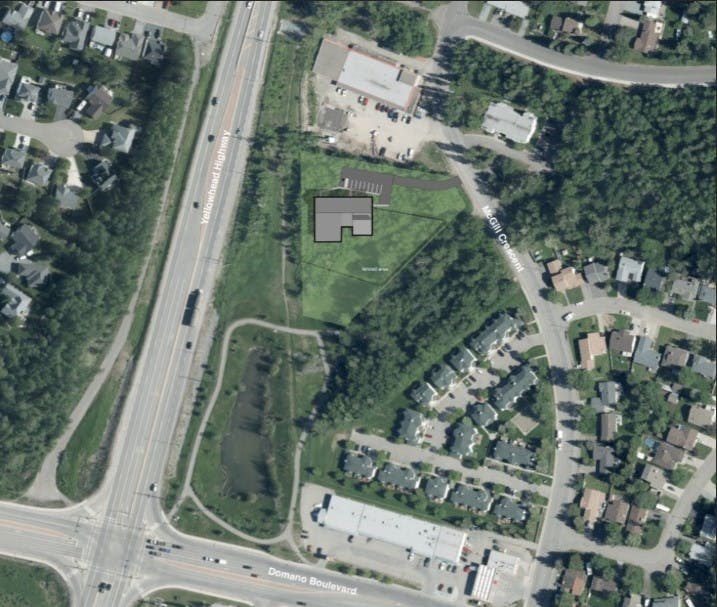The debate over supportive housing in Prince George has sparked more tension, this time in College Heights.
Many of the people living nearby are grappling with the idea of a new facility planned for McGill Crescent. The 10-unit complex care facility, intended to support individuals with mental health and developmental disabilities, has become the latest local target for opposition.
A good-sized chunk of the opposition is rooted in misinformation and social media rumours. Many people believed the facility would be an addiction recovery home. This misconception was partly fuelled by early communications, including a reference to “complex-care housing” in a media release.
The province has been criticized for its lack of clear communication. However, following an open house on Feb. 26, representatives from BC Housing, Northern Health, and Community Living BC clarified that the facility will not focus on addiction treatment. Instead, it is designed to provide support for adults with mental health and developmental disabilities, two vulnerable populations that often require specialized care.
While the open house helped clear up these misconceptions, the underlying issue remains: too many people form opinions based on rumours and limited information circulating in the community.
One nearby resident told The Citizen her initial fears about the facility being an addiction treatment centre were based on a Facebook group and unverified internet searches. She learned the truth only after attending the open house.
She also noted that it would have been helpful if this critical information had been communicated more clearly from the outset, and she was right.
The issue of misinformation is not unique to this case. In Prince George and other cities, NIMBY (not in my backyard) often comes out of incomplete or inaccurate information circulating through social media and word-of-mouth. People frequently jump to conclusions without knowing all the facts, leading to fear and opposition to good projects.
For its part, the city and the project’s partners haven’t done enough to communicate the details of this facility. One valid reason for this is that communications were suspended during last fall’s provincial election campaign. Still, more could have been done to communicate proactively, particularly when the facility was first announced last August.
While the open house was an excellent attempt to engage the public and address concerns, the communication channels for such projects must be better organized and more consistent.
Neighbours of the McGill Crescent project had good reason to feel that information was not readily available. The lack of clarity about which organization will operate the facility only added to the uncertainty.
Events like this open house are valuable for addressing immediate concerns, but there should be a sustained effort to engage with the community throughout the planning process.
More engagement, more detailed information, and more reassurance about the safety and design of the facility could help reduce the fears stoked by misinformation. It is also in everyone’s best interest — neighbours, residents, and project partners alike — to ensure these developments are understood within their proper context.
Supporting individuals with mental health and developmental challenges ensures that the most vulnerable members of our community are given the support and care they need to lead dignified lives.
Moving forward, the real challenge is overcoming the barrier of misinformation that often fuels NIMBYism. Everyone involved must commit to ongoing, open dialogue and clear communication.
Only then can we ensure projects like the McGill Crescent facility are truly understood and integrated into the community.
Have your say with a letter to the editor: [email protected].



